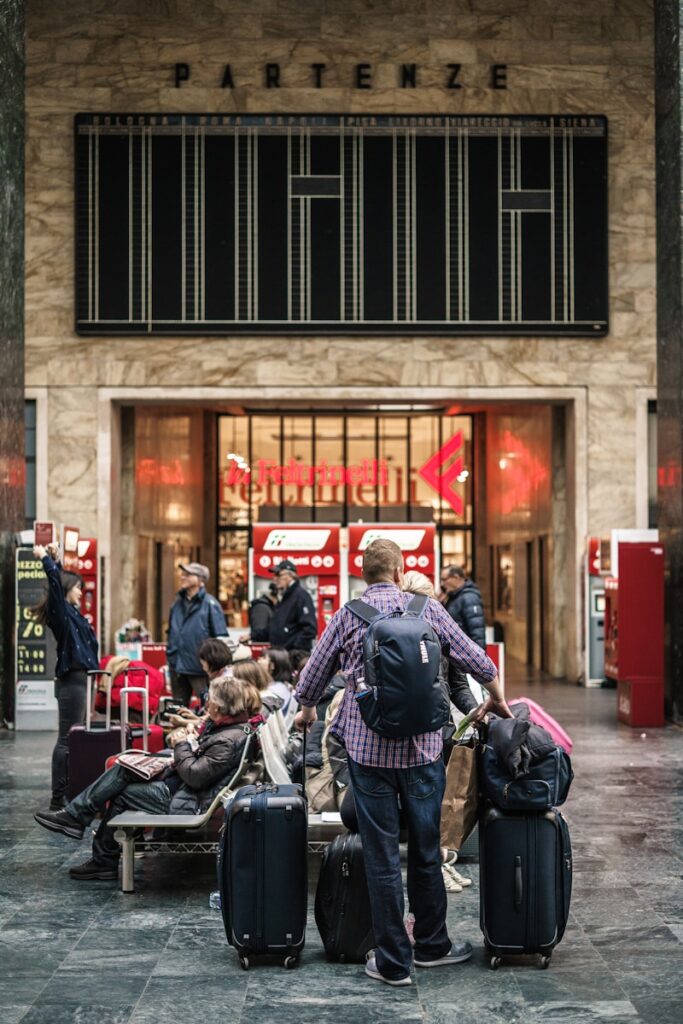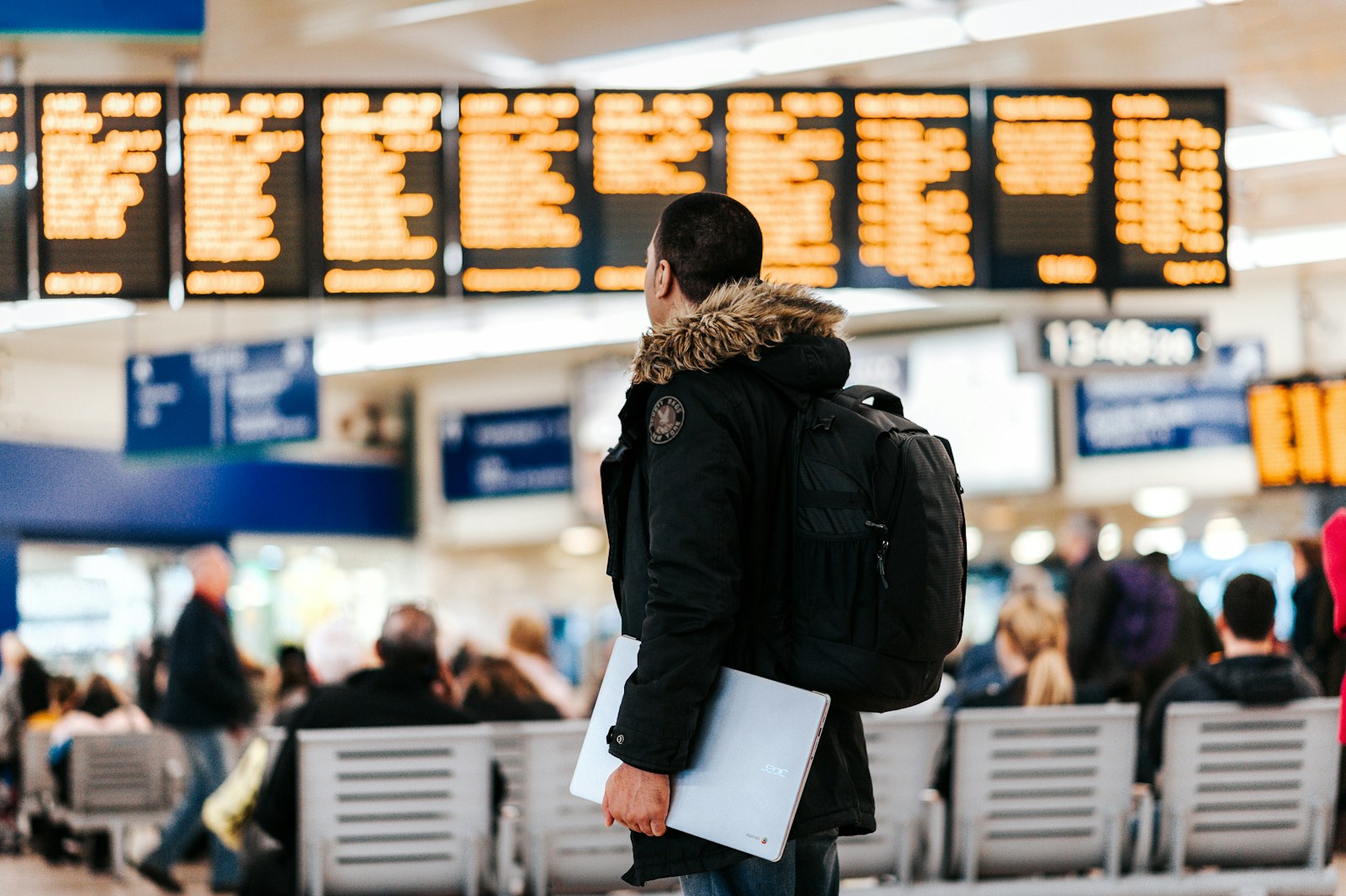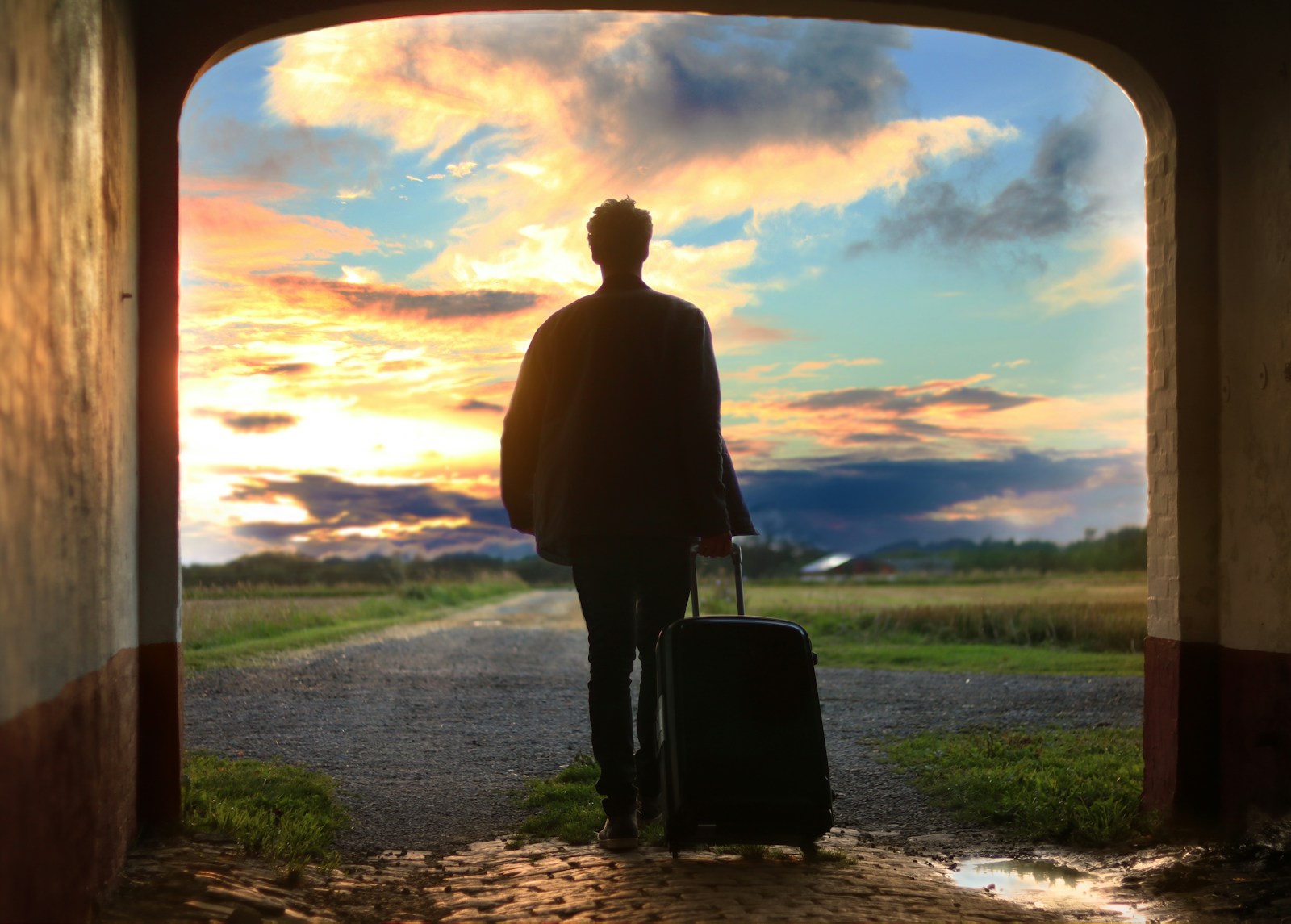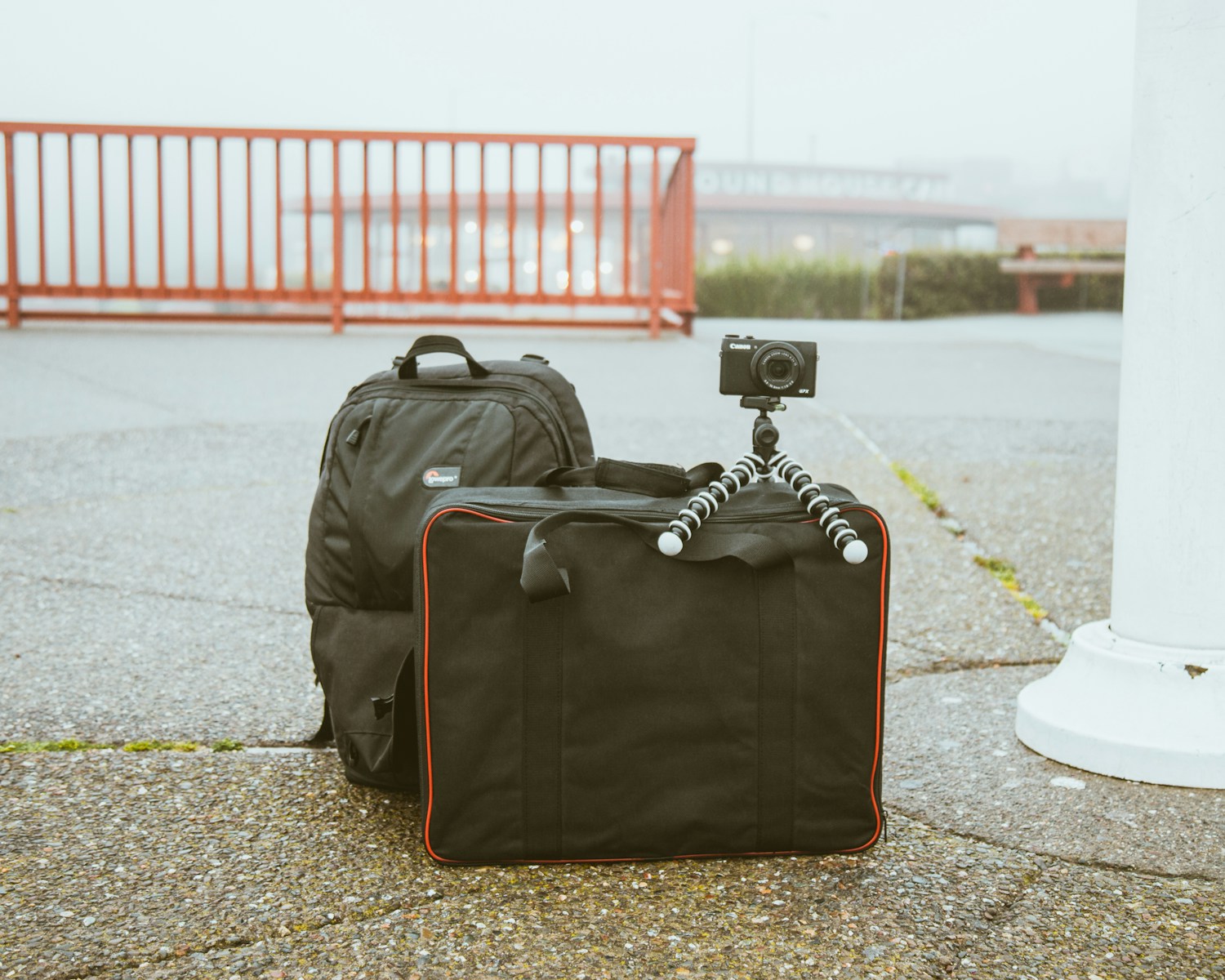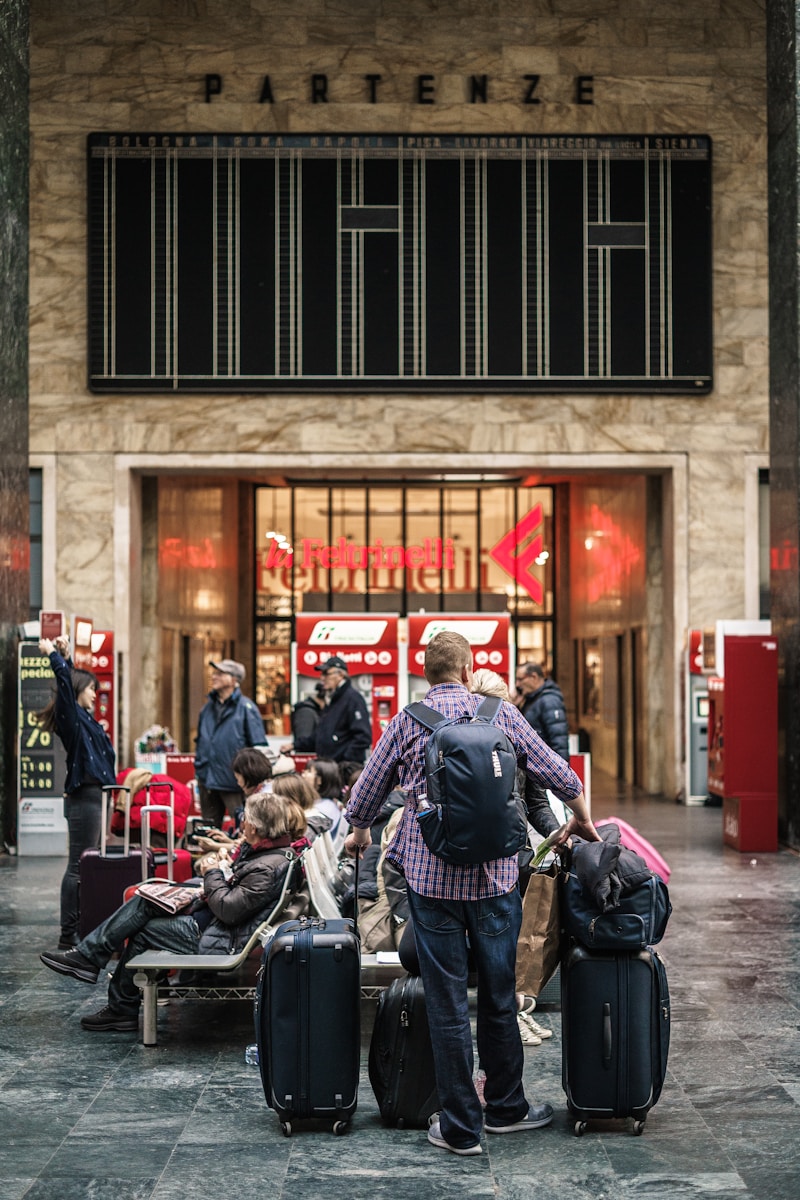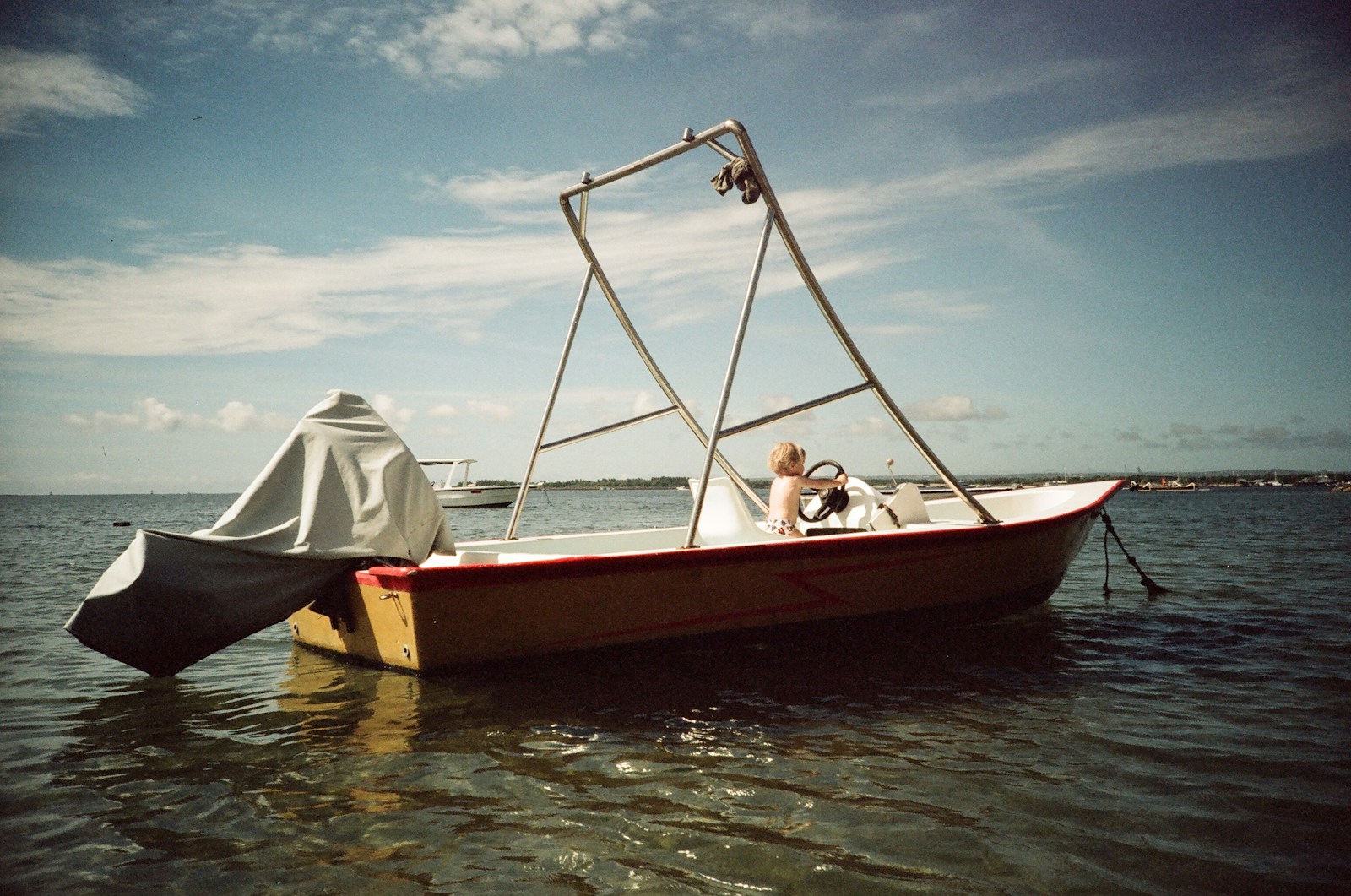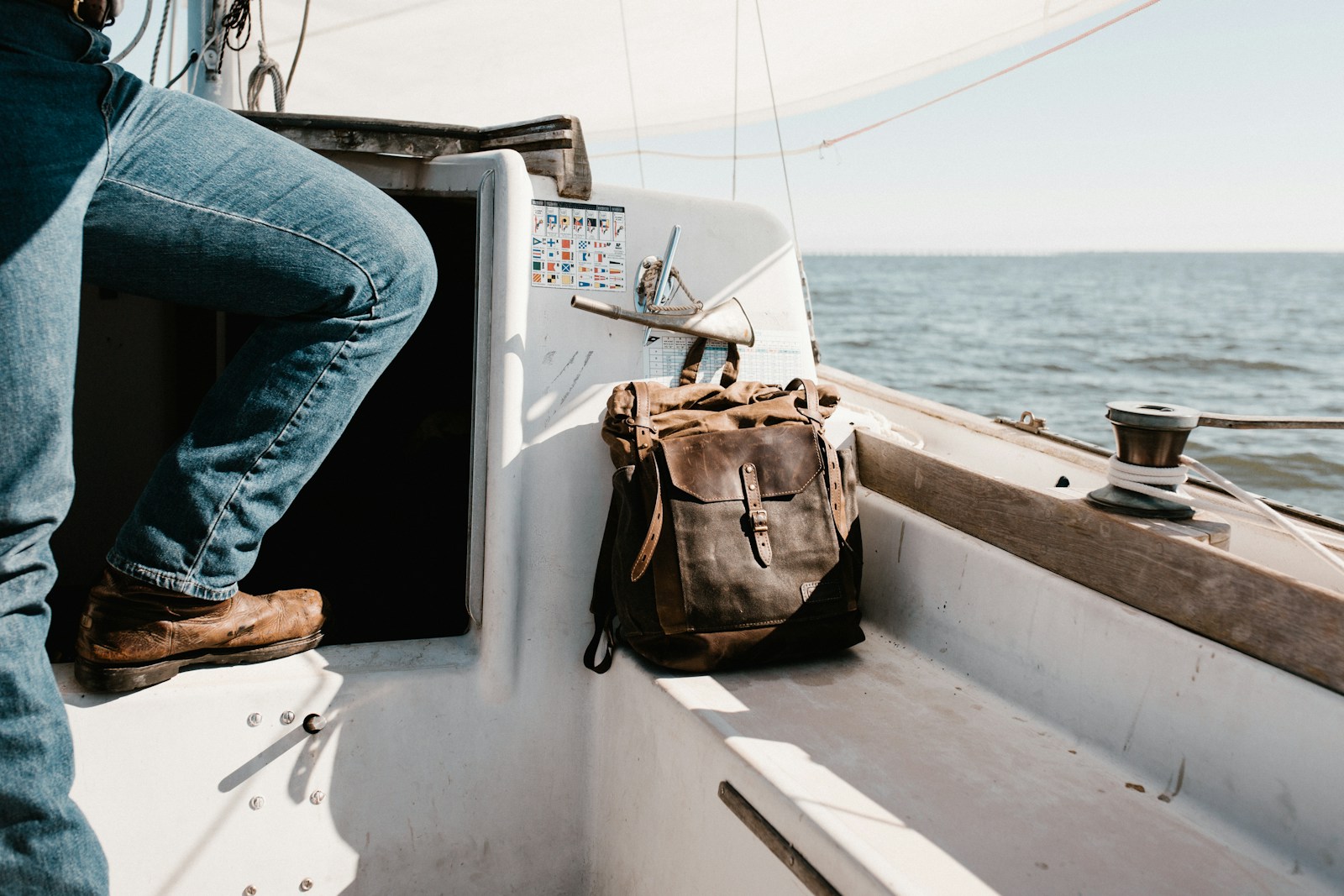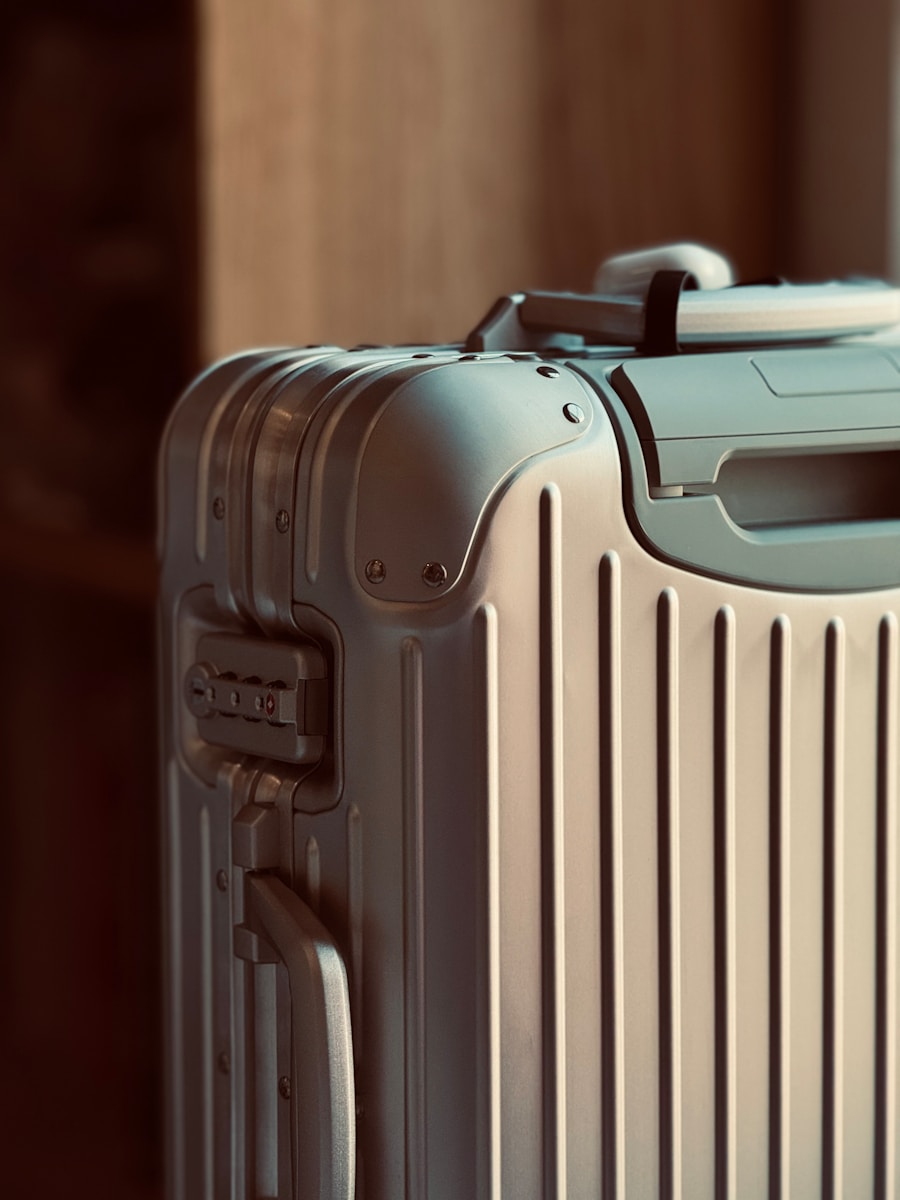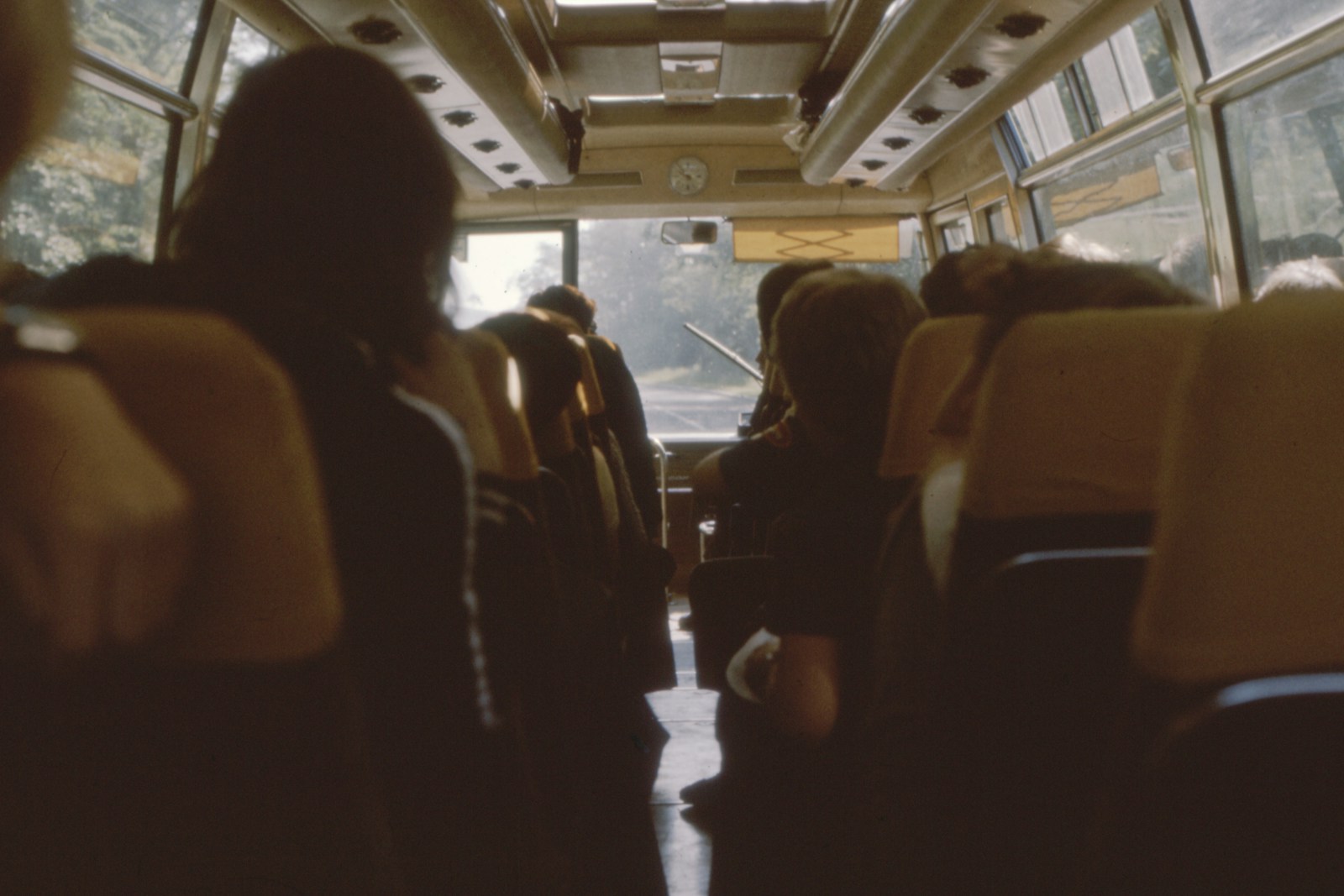Traveling is one of life’s greatest adventures, offering opportunities to explore new destinations and experience diverse cultures. However, the logistics of travel can sometimes hinder the experience, especially when it comes to managing luggage. Whether you’re a frequent traveler, a business professional dashing off to meetings in different time zones, or an adventure seeker venturing into unknown territories, the way you handle your luggage can significantly impact your travel experience.
In this blog post, we will explore the drawbacks of traveling with luggage. We’ll discuss how heavy bags can be more than just a physical burden, the financial costs involved, and even the environmental implications of dragging large bags across the globe. We’ll also touch on innovative solutions that can help mitigate these issues and offer tips for those looking to travel light. By the end, you’ll have a fresh perspective on how packing lighter could enhance your travel journeys.
The Physical and Mental Burden of Luggage
Carrying heavy luggage can take a toll on your physical health. Lugging around suitcases through crowded airports, bustling train stations, and uneven pavements can lead to back pain, muscle strain, and even injuries. For frequent travelers, these physical challenges can accumulate over time, potentially leading to chronic discomfort or injury.
Beyond the physical strain, there’s the mental burden of constantly worrying about your belongings. Concerns about losing luggage, damage during transit, or theft can weigh heavily on a traveler’s mind. This persistent worry detracts from the travel experience, making it difficult to relax and enjoy the trip.
For business professionals, meeting deadlines and maintaining a polished appearance are crucial. The added stress of managing cumbersome luggage can be a distraction, potentially affecting business performance and confidence. Adventure seekers, on the other hand, may find that managing luggage detracts from the spontaneity and freedom they seek in their travels.
The Cost of Traveling with Luggage
Traveling with luggage often comes with hidden costs that can add up quickly. Airlines typically charge fees for checked baggage, and those fees increase if your bags exceed weight limits. These additional expenses can become a financial burden, particularly for frequent travelers or those on a tight budget.
Furthermore, carrying excess luggage might necessitate renting larger vehicles, which can be more expensive. Whether it’s hiring a bigger car or paying for additional transportation services to accommodate your bags, these costs can detract from the money available for other travel experiences, such as dining or local excursions.
The financial implications extend beyond transportation. Hotels may charge extra for storing luggage before check-in or after check-out, and porters at stations or airports may expect tips for assisting with heavy bags. These incremental costs can accumulate, making traveling with luggage more expensive than anticipated.
Time Efficiency and Convenience
One of the most significant advantages of traveling light is the time saved during the travel process. Carry-on-only travelers breeze through check-ins and security checks, sparing themselves long waits at baggage carousels. This efficiency means more time to explore new destinations or to relax before an important business meeting.
Navigation through airports and public transportation becomes much easier without bulky luggage. With hands free and fewer items to manage, maneuvering through crowded spaces becomes less stressful. This convenience is particularly beneficial for adventure seekers who may need to transition quickly between different modes of transportation or who venture into remote areas where large suitcases are impractical.
For business professionals, time is often of the essence. Traveling light allows for quick transitions between appointments, meetings, and flights, reducing downtime and ensuring punctuality. This efficient use of time can significantly enhance a business trip’s success and productivity.
Environmental Impact
Traveling with heavy luggage has environmental repercussions that many travelers may not consider. Increased weight results in higher fuel consumption for planes, trains, and automobiles, contributing to greater carbon emissions. In a world where sustainability is increasingly important, minimizing luggage can be a simple yet effective way to reduce your carbon footprint while traveling.
Lighter travel also means less demand for additional transportation resources, such as taxis or shuttles needed to accommodate extra bags. By reducing the weight and volume of baggage, travelers can contribute to a more sustainable travel industry, aligning with global efforts to combat climate change.
For environmentally conscious travelers, packing light becomes a way to align personal travel habits with broader ecological values. By considering the environmental impact of luggage, travelers can make informed choices that contribute positively to the planet.
Technological and Innovative Solutions
Emerging technologies and innovations offer promising solutions to mitigate the disadvantages of traveling with luggage. Smart luggage includes features like GPS tracking, automated locking systems, and built-in chargers, providing convenience and security for travelers. These technological advancements can help alleviate some of the stress associated with managing bags during travel.
Luggage-free travel services are gaining popularity, allowing travelers to ship their luggage directly to their destination. This service eliminates the need to physically manage bags during transit, offering a hassle-free travel experience. By using such services, travelers can focus on enjoying their trip rather than dealing with the logistics of transporting luggage.
For those who cannot avoid traveling with luggage, these innovative solutions can make the process more manageable. By integrating technology into travel routines, travelers can enjoy a more streamlined and efficient experience.
Tips for Traveling Light
Transitioning to lighter travel requires a shift in mindset and approach. Start by adopting a minimalist travel philosophy, focusing on essentials and eliminating unnecessary items. Prioritize versatile clothing that can be mixed and matched to create multiple outfits, and consider the climate and activities planned at your destination when packing.
Utilize packing aids such as compression bags and packing cubes to maximize space and stay organized. These tools can help reduce the volume of your luggage while keeping your belongings neat and accessible. With careful planning, even longer trips can be managed with carry-on luggage only.
Take advantage of technology to lighten your load. Instead of packing guidebooks and maps, use digital apps and online resources to access information. Streamline devices by opting for multi-functional gadgets, reducing the number of electronics you need to pack. By adopting these strategies, you can enjoy the benefits of traveling light without sacrificing comfort or convenience.
Conclusion
Traveling with luggage brings a range of disadvantages that can impact both the practical and experiential aspects of travel. By understanding the physical, financial, and environmental costs, travelers can make informed decisions that enhance their journeys. The advantages of traveling light—through reduced stress, increased convenience, and cost savings—offer compelling reasons for frequent travelers, business professionals, and adventure seekers to reassess their packing habits.
Consider the innovative solutions available, from smart luggage to luggage-free travel services, that can help mitigate the drawbacks of traveling with heavy bags. By adopting a minimalist travel approach and utilizing modern technology, you can transform your travel experience.
Ready to rethink your travel strategy? Start small, plan, and discover the joy and freedom of traveling light. For further inspiration and practical tips, connect with fellow travelers who have embraced a minimalist travel lifestyle and share your experiences and insights. Happy travels!
